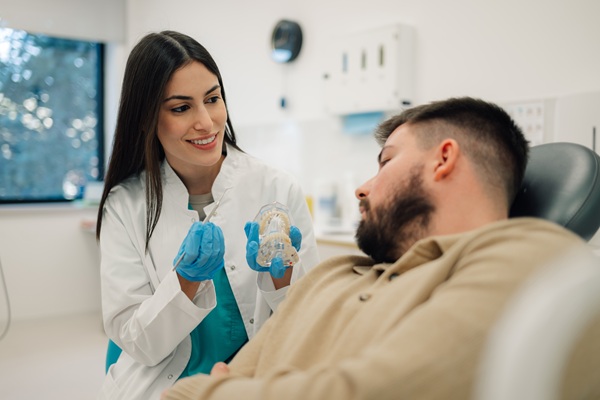 If you have small defects in your front teeth, dental bonding is a great choice to consider. It is less costly than porcelain veneers and can be a cost-effective alternative for problems such as stained or chipped teeth. Furthermore, bonded teeth do not necessitate any special aftercare. The material used adheres to the teeth well. After the procedure, however, you must follow the aftercare guidelines given by your dentist so the bonded tooth lasts long enough.
If you have small defects in your front teeth, dental bonding is a great choice to consider. It is less costly than porcelain veneers and can be a cost-effective alternative for problems such as stained or chipped teeth. Furthermore, bonded teeth do not necessitate any special aftercare. The material used adheres to the teeth well. After the procedure, however, you must follow the aftercare guidelines given by your dentist so the bonded tooth lasts long enough.
Aftercare instructions for dental bonding
Unlike other options like porcelain crowns and veneers, dental bonding is more susceptible to staining and chipping. Therefore, patients will need some simple aftercare to keep their bonded teeth looking natural and shiny. The following are suggestions for maintaining the condition of the bonded teeth.
Brush and floss regularly: Brush the teeth twice a day, in the morning and at night. To ensure the teeth are properly clean, use fluoride toothpaste and change the toothbrush every three to four months. When flossing the teeth, hold the floss to the gum line and clear the plaque completely before moving on to another tooth.
Drink enough water: Drinking water after each meal helps keep the mouth clean and safe by flushing away food debris and lowering acidity levels.
Avoid teeth-staining habits: Tobacco use, such as chewing tobacco or cigarettes, can leave yellow marks on natural and bonded teeth. Tea, red wine, juices, coffee, and artificially colored candies will also discolor the teeth. This is a legitimate excuse to stop smoking as well. It is advisable to reduce the intake of red wine, chocolate, and other dark-colored foods to keep the smile looking radiant and attractive.
Avoid harmful habits: Biting on nails, pens, and other hard materials will wear down the bonding material and enamel over time, causing the composite resin to deteriorate. Since the composite resin is prone to chipping, such habits should be avoided.
Factors to consider regarding dental bonding
Before opting for dental bonding, patients need to ensure they choose a dentist familiar with the technique since it takes some artistic ability to achieve the best results. Please feel free to request “before and after” photos of past patients from the dentist. It is advisable to contact the dentist if there are any rough points on the bonded teeth or if they feel strange when biting. If required, bonded teeth may be repaired or replaced.
Although the bonding procedure is not appropriate for every case, it can be a simple, painless, and cost-effective way to improve your smile. When patients are satisfied with their teeth, it is easier to preserve good oral health and concentrate on keeping the oral cavity in good shape.
Talk to the dentist about dental bonding
If you want to improve your smile with dental bonding, schedule an appointment with the dentist for an assessment to see if dental bonding is the right option for you. After the procedure, ensure you follow the aftercare instructions to keep the results looking good for a long time.
Request an appointment or call Johns Creek Dentistry at 770-623-1427 for an appointment in our Johns Creek office.
Recent Posts
You could be a candidate for dental bonding if you have gaps in your front teeth. This minimally invasive procedure will close your tooth gap and enhance your smile's appearance. The composite blends in with your natural teeth, so it will not be noticeable. Continue reading to learn more about the application process and see…
Dental bonding involves applying a tooth-colored resin material to the visible surfaces of teeth to protect the enamel from additional harm and achieve an ideal smile. The purpose of dental bonding is to address oral health or cosmetic concerns. Dental bonding is particularly useful for addressing issues with the more visible teeth at the front…
Dental bonding is a non-invasive treatment that has cosmetic and therapeutic uses. It involves applying composite resin – made with mixtures of plastic and glass – to the patient’s tooth. These composites can be shaped and molded as desired, allowing the dentist to address issues like decay or damage to a tooth. Composite resins can…


